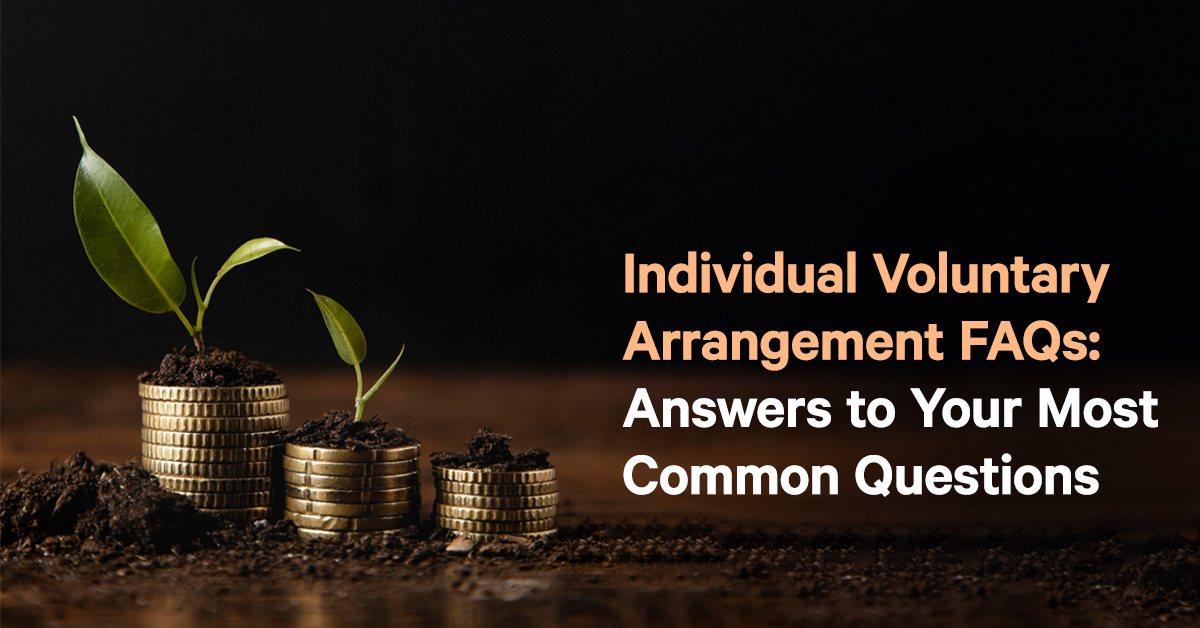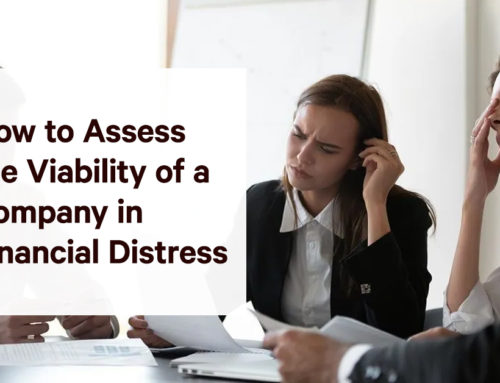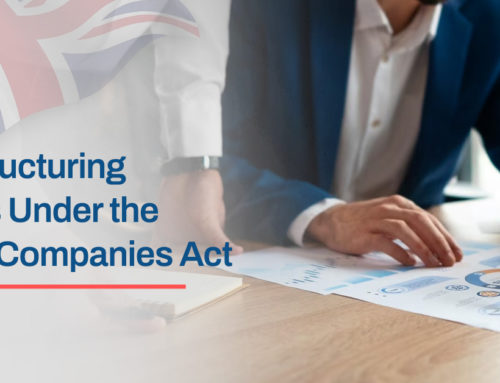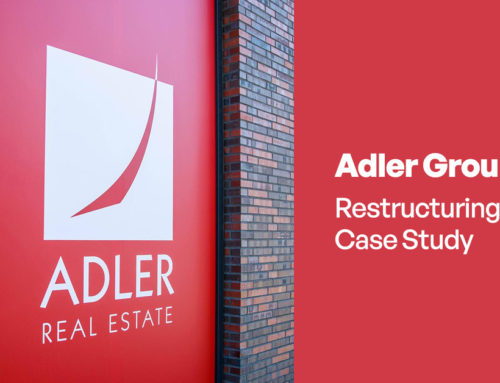Navigating through financial turbulence often leads individuals to seek strategic ways to manage their debts. An Individual Voluntary Arrangement (IVA) is a viable alternative for many within the UK, offering a structured path to address insolvency issues while maintaining a degree of financial stability. So, our expertise as licensed insolvency practitioners means we’re here to explain some of the key aspects of an IVA, answering your Individual Voluntary Arrangement FAQs clearly and concisely.
What is an Individual Voluntary Arrangement (IVA)?
An IVA is a formal, legally binding agreement between a debtor and their creditors, designed to help manage and eventually clear debts in a structured way. The debtor agrees to pay a fixed monthly amount, typically over five to six years, distributed amongst the creditors. In return, creditors may agree to freeze interest and charges, and upon successful completion of the IVA terms, any remaining debt is written off.
How Does an IVA Impact Credit Rating?
A pressing concern in our Individual Voluntary Arrangement FAQ sessions is invariably centred on credit ratings. An IVA does affect your credit rating and will remain on your credit file for six years from the date it starts. While this may impede your ability to obtain credit, it’s a decisive step towards fiscal wellness, demonstrating to future creditors a commitment to managing and resolving debt issues.
Who Qualifies for an IVA?
To qualify for an IVA, you must reside in England, Wales, or Northern Ireland, have a minimum total debt amount, owe money to two or more creditors, and possess a regular income. Also, you should be unable to pay your debts as they become due but have enough surplus income (or a third party) to make reasonable contributions towards the debts.
What Debts Can Be Included in an IVA?
An IVA can encompass a multitude of debts, including credit card balances, unsecured loans, overdrafts, and certain tax debts. However, some debts, like secured loans and student loans, cannot be integrated into an IVA. Therefore, clarifying what can be included within the arrangement forms a pivotal part of this Individual Voluntary Arrangement FAQ.
Will an IVA Protect My Home?
Homeowners often harbour concerns regarding the security of their property within an IVA context. Generally, an IVA can protect your home from being sold to repay your debts. However, if you have equity in your home, you may be required to release it to help pay your debts during the IVA term, usually in the fifth year. If releasing equity is not viable, the IVA may be extended for a further 12 months.
How is Monthly Payment Determined in an IVA?
The monthly payment in an IVA is calculated based on your disposable income, which is your monthly income minus your monthly expenditure. It’s pivotal that the monthly payment is affordable and sustainable for you; hence, a thorough assessment of your finances will be undertaken by your Insolvency Practitioner (IP) to establish this.
Can Creditors Still Contact Me During an IVA?
Upon entering an IVA, your IP takes the reins in managing your financial obligations and liaising with your creditors, which typically means you should not be contacted directly by them regarding the debts included in the IVA. If creditors do contact you, they should be directed to your IP.
What Happens if My Circumstances Change During the IVA?
Life is replete with unexpected twists and turns, and financial situations can change. If, during the IVA, your financial circumstances alter (positively or negatively), it’s vital to inform your IP. They can review your situation and may adjust your payments or propose modifications to your IVA to reflect your new circumstances.
Are There Any Fees Involved in an IVA?
It’s important to note that IVAs incur fees, generally divided into the Nominee’s fee and the Supervisor’s fee. These fees are typically integrated within your monthly payments and should not be payable separately. Comprehensive clarity on fee structures and implications is integral to our Individual Voluntary Arrangement FAQ approach to keep you abreast of all potential outlays.
What Happens at the End of the IVA?
Upon successful completion of your IVA, any remaining unsecured debt encompassed within the arrangement is written off. You’ll receive a completion certificate from your IP, and the details of the IVA will be removed from the Insolvency Register three months thereafter.
Closing Thoughts
Embarking on an IVA journey necessitates a thorough comprehension of its intricate dynamics, obligations, and implications. We hope this Individual Voluntary Arrangement FAQ provides you with clear insights and encourages thoughtful contemplation regarding your financial trajectory.
As licensed insolvency practitioners, our role pivots on providing clear, concise, and pragmatic advice, ensuring you are endowed with the requisite knowledge to make informed decisions regarding your financial future. Should you find yourself grappling with further queries, do not hesitate to reach out to our expert team.
Need Expert Advice on IVAs?
Navigating the intricacies of IVAs can be daunting. If you’re seeking tailored advice or guidance, or simply have more questions that need addressing, our team of expert licensed insolvency practitioners is here to help. Take control of your financial future – contact us today for a no-obligation consultation. We’re committed to guiding you every step of the way.






